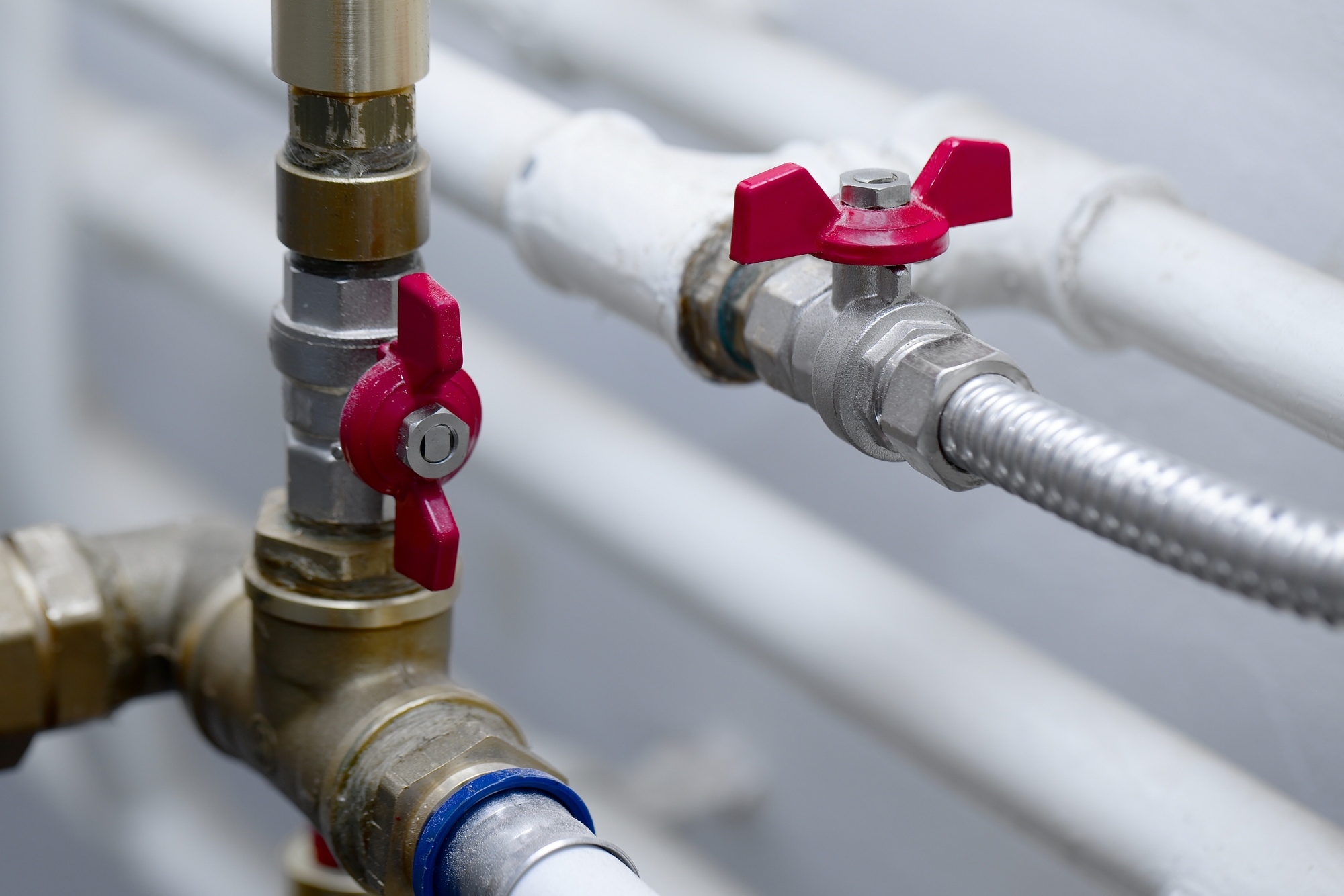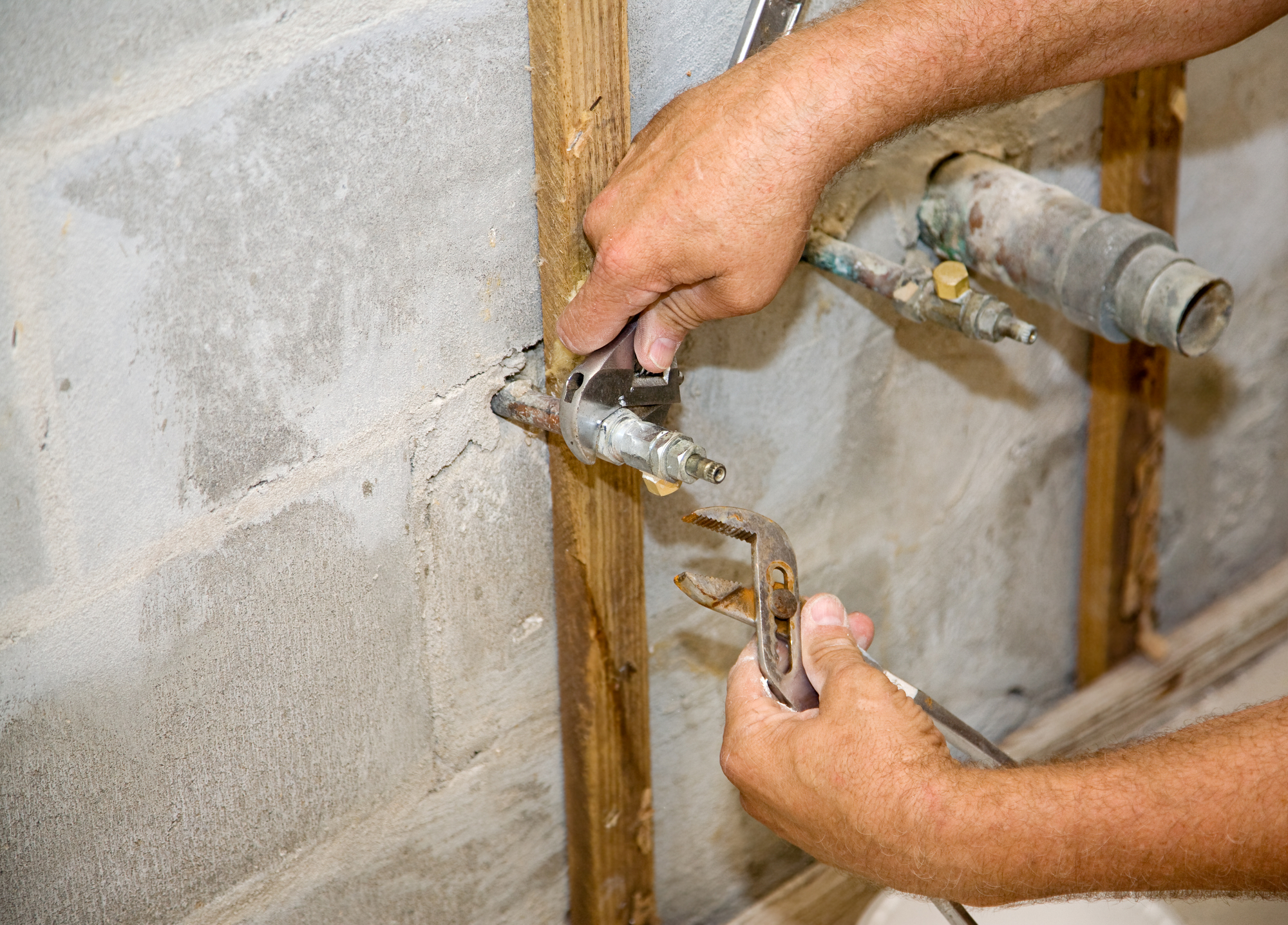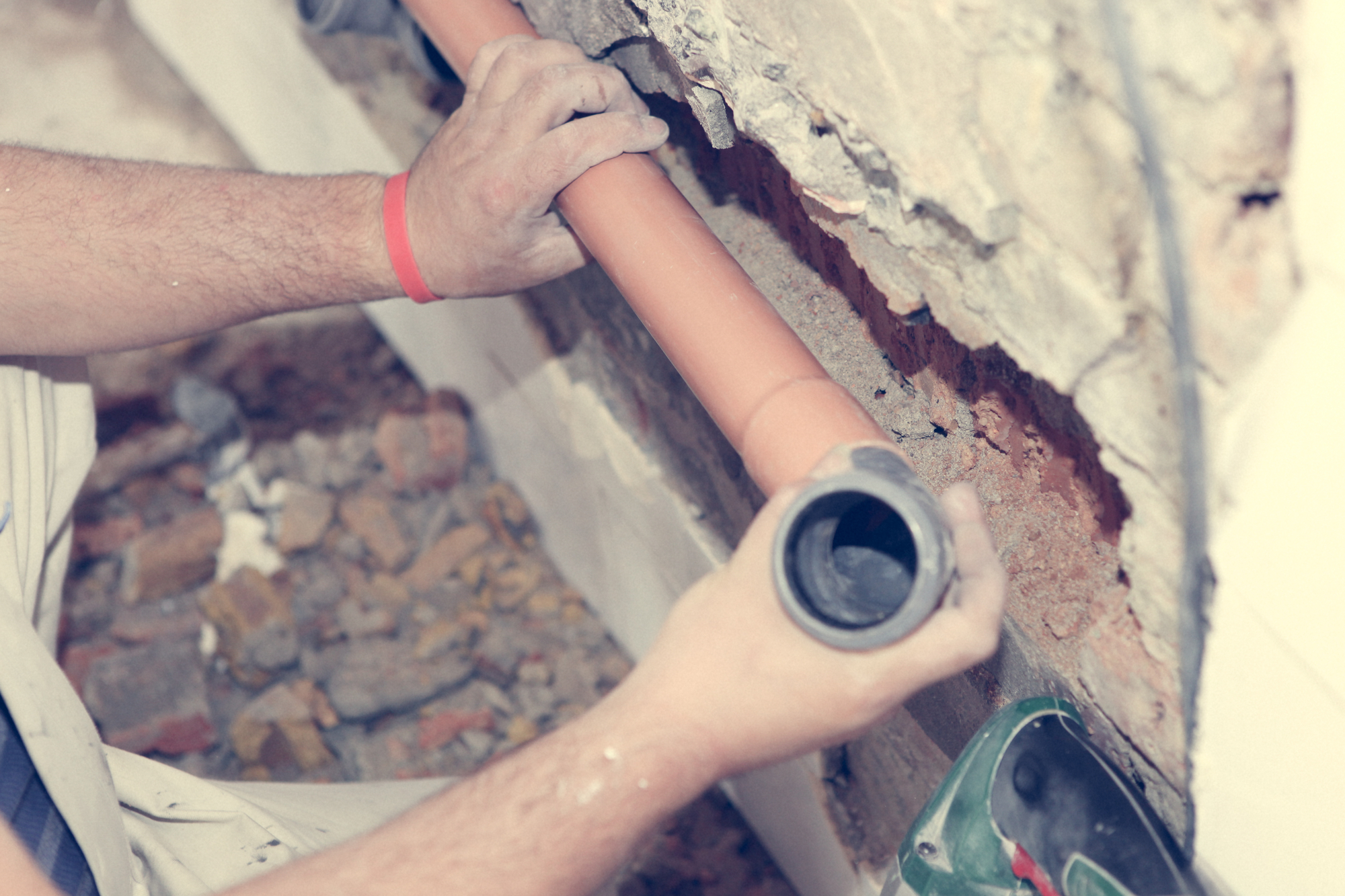As a plumbing company, clogs and blockages are all too familiar. But what happens when it isn’t just a typical build-up in a small section of a pipe, but a large diameter pipe full of water and debris? How can you clean such a thing? Fear not; we’ve got some tips and tricks to help you out.
What Causes Obstructions in Large Pipes?
Before we dive into the steps to clean large diameter pipes, it’s essential to understand what causes obstructions in your pipes in the first place. Large pipes are used in many different ways. They are used by municipalities to transport sewage or people’s homes to transport wastewater. In either case, the pipes are continually moving large amounts of water. Over time, organic and inorganic solids begin to build up and stick together, forming blockages that impede water flow.
These blockages could be formed from mineral scales, sewage, or debris. In some instances, these blockages can cause catastrophic bursts that can lead to property damage, environmental contamination, costly repairs, and health hazards.

Fortunately, there are several ways to clean large diameter pipes without having to dig them up.
How to Clean Large Diameter Pipes Full of Water and Debris
1. Hydro Jetting
Hydro jetting is a great way to clear blockages from large diameter pipes. It is a process that involves using high-pressure water to clear pipes. Hydro jetting uses specialized equipment that blasts water at a pressure of up to 4000 psi. The water pressure is so high that it blasts away even the toughest obstructions, crusts, and deposits, and breaks up even crudest roots. Hydro Jetting is safe, environment-friendly, and can handle large diameter pipes and long distances. Hydro Jetting is best for cleaning very large diameter pipes that require high pressure to blast away obstructions in a short timeframe.
2. Chemical Cleaning
Another way to clean large diameter pipes is through the use of chemicals. Chemical cleaning involves the use of industrial strength chemicals to dissolve obstructions in pipes. The chemicals are designed to break down blockages and wash them away. Chemical cleaning is recommended for small, less severe obstructions that don’t necessarily require the use of high-pressure water or are not at a great distance.

It is always important to be cautious when using chemical cleaning. Chemicals are not only toxic but can cause severe environmental damage if they are not disposed of properly. Additionally, some chemicals can be corrosive to pipes, leading to further damage. Always talk to a professional before you attempt to use chemical cleaning on large diameter pipes.
3. Manual Cleaning
Manual cleaning involves the use of a plumber’s snake to clear obstructions in large diameter pipes. It is a labor-intensive process that requires a lot of manpower and time. The advantage of manual cleaning over other alternatives is that it is straightforward. It does not require any specialist equipment or complex processes. Nevertheless, manual cleaning can be a physically demanding task and can be difficult as the blockages might be several yards down the pipe.
4. Pipe Bursting
Pipe bursting is a method for replacing underground pipelines without the need for excavation. It involves installing a new pipe and replacing the old one by using a powerful hydraulic machine. The machine pulls the new pipe through the old pipe, breaking the old pipe as it goes. This process is effective because it not only eliminates blockages in the old pipe but also replaces it with a new one.
Conclusion
Large diameter pipes are presumably the veins of our plumbing systems, and it is essential to keep them clean and free from blockages. When it comes to cleaning large diameter pipes, the methods you choose will ultimately depend on the nature and severity of the obstruction. Hydro jetting and pipe bursting techniques provide effective and efficient cleaning for larger and extremely blocked pipes. Chemical cleaning is perfect for smaller-sized pipes and obstructions, while manual cleaning can be effective in some instances. Whatever the method, it is always important to consult a licensed, experienced plumber to ensure the pipes are appropriately cleaned and maintained for safety and environmental compliance.
For more information on professional plumbing services and plumbing repair, please visit our website, Ace Plumbing Repair, and contact us at (844) 711-1590.






